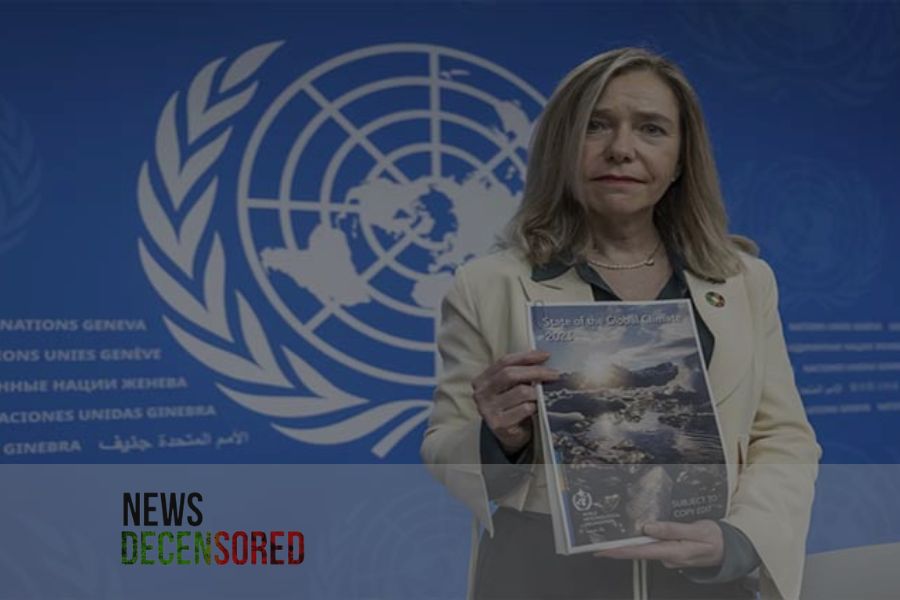The United Nations weather agency has issued a “red alert” about global warming, citing record increases in greenhouse gasses, land and water temperatures, and the melting of glaciers and sea ice in the past year. Not enough to change direction.
In its State of the Global Climate report released on Tuesday, the Geneva-based agency raised concerns that a much-vaunted climate goal is increasingly at risk: that the world can come together to limit global warming to 1.5 degrees Celsius. (2.7 degrees Fahrenheit) above pre-industrial levels.
Never before have we been so close – even temporarily – to the 1.5°C threshold of the Paris Agreement on climate change,” said Celeste Salo, Secretary-General of the agency.
The 12-month period from March 2023 to February 2024 exceeded the 1.5°C threshold said it was 1.48 degrees Celsius (2.66 Fahrenheit) below 1.5 degrees Celsius in the calendar year 2023, but a 12-month warmer start to the year has pushed it beyond that level. United Nations Secretary-General António Guterres said: “The Earth is launching a distress call.
Omar Baddour, head of climate monitoring at the World Meteorological Organization, said the year following a periodic warming of the Pacific Ocean that affects global weather patterns — is typically warmer.
There is a high possibility that 2024 will break the 2023 record again, but we will wait and see. January was the warmest on record. So records keep getting broken.
The latest findings from the World Meteorological Organization are particularly stark when compiled into one report. By 2023, more than 90% of ocean water will experience heat waves at least once. Monitored glaciers have lost the most ice recorded since 1950. Antarctic sea ice has declined to its lowest levels.
Salo described the climate crisis as “the most prominent challenge facing humanity” and said it was exacerbated by growing food insecurity and inequality crises such as migration.
The impact of heatwaves, floods, droughts, forest fires, and tropical cyclones, exacerbated by climate change, will be felt in lives and livelihoods on every continent by 2023, the World Meteorological Organization said.
This record-breaking list of events is truly disturbing, although not surprising given the steady pace of extreme events over the past year,” said Cathy Jacobs, a climate scientist at the University of Arizona who was not involved in the WMO report. The cost of accelerating climate change events across sectors and regions has never been measured in a meaningful way, but the cost to biodiversity and the quality of life of future generations cannot be calculated.
But the agency acknowledged that it was a “ray of hope” in efforts to save the Earth from further heatwaves. Renewable energy generation capacity through wind, solar, and hydropower has increased by 50% from 2022 to a total of 510 GW.
Yet every year, many of our elected leaders push policies that are clearly political, partisan, and short-term outcomes, he added. Too often, everything prioritizes progress on climate policy. So, nothing is done.















